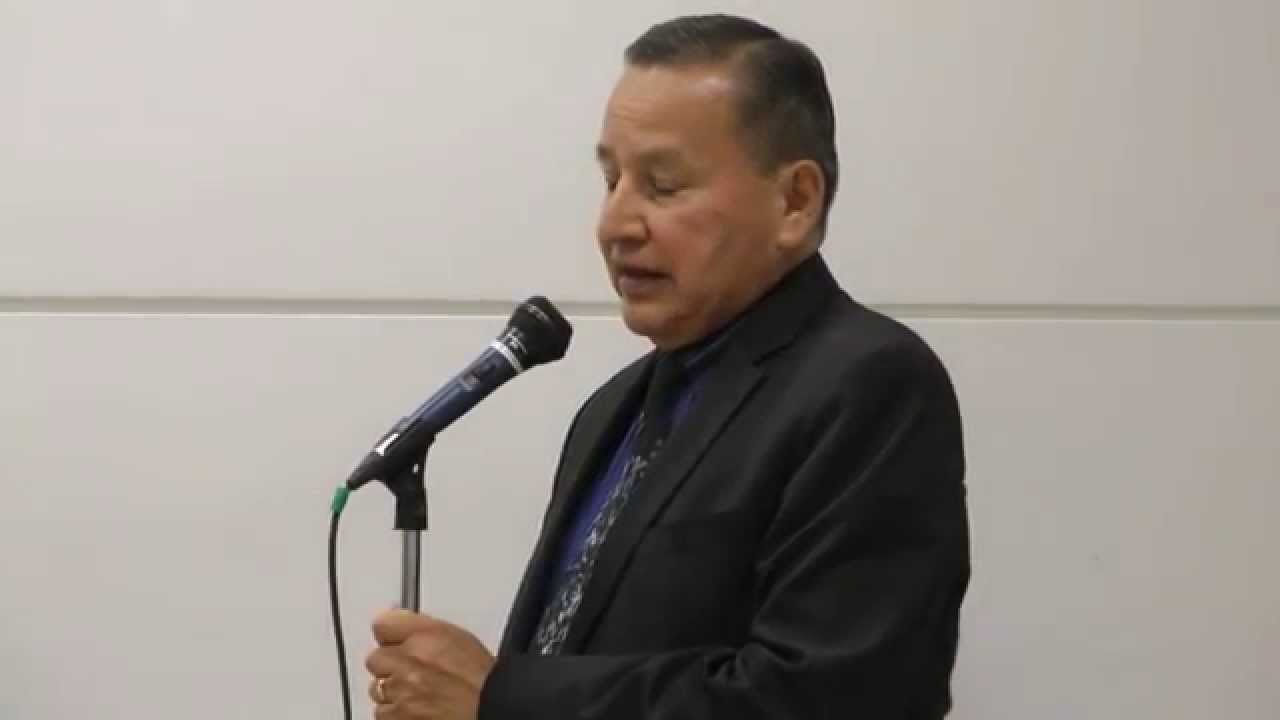By Jeremy Appel, Local Journalism Initiative Reporter
(ANNews) – The Union of BC Indian Chiefs (UBCIC) is demanding that the federal government make “concrete” legislative changes to access to information and privacy (ATIP) laws to enable First Nations to access records for the purposes of validating historical claims.
UBCIC Grand Chief Stewart Phillip told Alberta Native News that First Nations have been “stonewalled” on timely access to historical records “for decades,” with governments of all stripes producing a “multitude of statements” but no action.
“It seems that the only thing that compels governments to act is to pass legislation that makes it a legal obligation for them to follow through on a lot of the empty promises that they have made,” Grand Chief Phillip said in an interview.
Timely access to government documents, he added, is “absolutely critical” when it comes to obtaining residential school records.
Under the Truth and Reconciliation Commission’s Call to Action #77, all levels of government must “work collaboratively with the National Centre for Truth and Reconciliation to identify and collect copies of all records relevant to the history and legacy of the residential school system.”
“It’s been a terribly challenging effort to compel the churches and governments to release the records in order for us to better track the students who attended residential school and cross reference that with the unmarked graves and things of that nature,” said Phillip.
It’s not just residential school records. The grand chief says First Nations need access to historical maps and transaction records to substantiate specific land claims.
“We could wallpaper our homes with the resolutions we passed at our annual general assemblies asking for the government [to provide us with the records],” said Phillip.
“We’ve had government people come in and they assured us that it would happen, but they’re still very intransigent and recalcitrant.”
In a Sept. 24 UBCIC news release, Phillip said the Canadian government must take “concrete measures to end its practice of delay and obfuscation and ensure full access to records.”
The Canadian government launched a review of the Access to Information Act and Privacy Act in 2020, resulting in the 2024 Access to Information Modernization Action Plan, which consisted of 47 recommendations, six of which specifically pertain to Indigenous data.
The Indigenous-specific actions are:
- Support Indigenous data sovereignty by ensuring Indigenous control of federal government data, as previously recommended in the Canadian government’s United Nations Declaration on Rights of Indigenous Peoples (UNDRIP) Act Action Plan.
- Accelerate the transfer of records pertaining to Indigenous People to Library and Archives Canada.
- Develop specialized tools to assist Indigenous people in making ATIP requests.
- Provide cultural competency training for ATIP employees.
- Establish informal and complementary processes to assist Indigenous people in accessing data outside the ATIP system.
- Support the implementation of the UNDRIP Act as it pertains to Indigenous data access.
In June, Canadian Information Commissioner Carolyn Maynard wrote a letter to Treasury Board President Anita Anand, criticizing the government’s Access to Information Modernization Action Plan for lacking “concrete commitments with measurable outcomes.”
“In the absence of strong leadership and governance, experience has shown that non-binding guidelines are insufficient in effecting the necessary change to increase government transparency,” Maynard added.
Of the 47 actions outlined in the plan, 11 are listed as not having started, seven are ongoing, 21 in progress and seven are ongoing, according to the government’s Access to Information Modernization Action Plan progress tracker.
Four of the six Indigenous-specific actions are listed as ongoing while two — developing targeted tools for Indigenous people to submit ATIP requests and developing informal and complementary processes to access data outside the confines of ATIP — are identified as not having begun.
Work on both is listed as slated to begin at some point in the 2025/26 fiscal year.
“Access to information is an access to justice issue for First Nations,” Chief Dalton Silver of Sumas First Nation, who chairs the UBCIC’s B.C. Specific Claims Working Group, said in the aforementioned UBCIC statement.
“The extensive problems with access to information can’t be solved by issuing general statements and lofty promises of change that have no clear, well-delineated steps associated with how the changes are going to be enacted and implemented.”
Alberta Native News reached out to the Confederacy of Treaty 6 First Nations, the Treaty 7 First Nations Chiefs’ Association and Treaty 8 First Nations of Alberta to inquire whether they support UBCIC’s call for legislative reforms, but none responded by deadline.



Be the first to comment on "Union of BC Indian Chiefs calls for ‘concrete’ changes to ATIP laws"